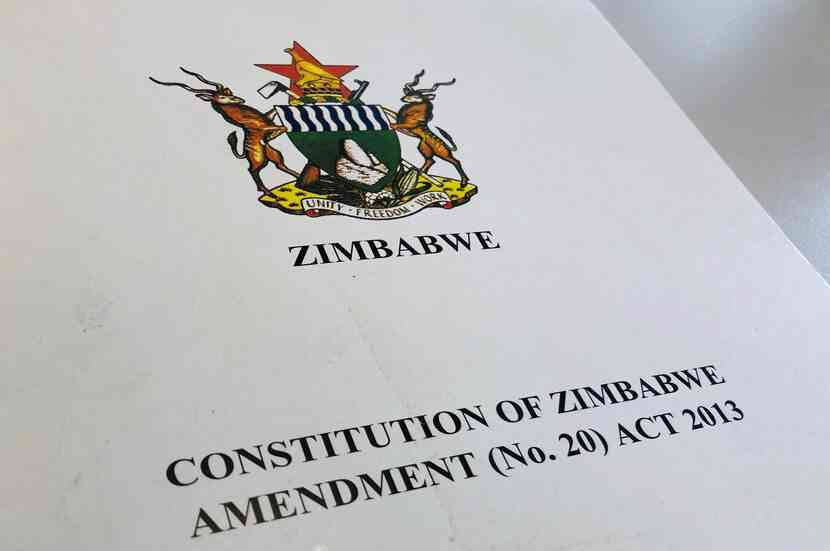
LORRAINE NDEBELE THE African Development Bank (AfFB) has pledged financial support to improve Zimbabwe’s corridor transport and logistics infrastructure in cooperation with the private sector.
The AfDB underscored the potential benefits of rail and road infrastructure to Zimbabwe, which serves as an important transit point for goods destined for ports in Mozambique and South Africa.
The AfDB pledged its support during a visit to Harare by two top officials from the financial institution — vice-president for power, energy, climate and green growth Kevin Kariuki and vice-president for private sector, infrastructure and industrialisation Solomon Quaynor, this week.
The two met senior Zimbabwean government officials and business leaders pledging various ways to assist.
The discussions covered developing the private sector and ways to benefit from renewable energy resources.
“The African Development Bank would like to deepen our work in the private sector overall, and specifically with respect to investments in economic corridor transport and logistics infrastructure,” Quaynor said.
He enumerated the potential benefits of improved rail and road infrastructure to Zimbabwe, which serves as an important transit point for goods destined for ports in Mozambique and South Africa.
Quaynor highlighted the need for coordination between the Reserve Bank of Zimbabwe (RBZ) and the business community to bolster the foreign exchange environment citing the potential to unlock further opportunities for private sector investment.
- Chamisa under fire over US$120K donation
- Mavhunga puts DeMbare into Chibuku quarterfinals
- Pension funds bet on Cabora Bassa oilfields
- Councils defy govt fire tender directive
Keep Reading
“We are happy to assist Zimbabwe in implementing key energy reforms to create a vibrant energy sector,” Kariuki added.
He further cited the bank’s role in developing the Batoka Gorge Hydro Power project, which is expected to boost the supply of electricity within the wider Southern Africa Development Community region.
Kariuki and Quaynor met with Finance and Economic Development minister Mthuli Ncube, Energy and Power Development minister Zhemu Soda as well as Deputy Governor of the Reserve Bank of Zimbabwe Jesimen Chipika, deputy minister of Lands, Agriculture, Fisheries, Water, Climate and Rural Development Vangelis Haritatos, and representatives of Zambezi River Authority (ZRA) and the Southern Africa Power Pool (SAPP), both transnational entities.
Soda noted that the government appreciated the AfDB’s support and involvement, particularly in the Kariba Dam Rehabilitation project (US$32 million), the ZimFund Emergency Power Infrastructure Rehabilitation project (US$59,5 million), the Alaska-Karoi Transmission Reinforcement project (US$19 million) and the Energy Sector Reform Support project (US$3,5 million).”
Ncube, during the meetings, underscored the government’s progress in tackling the economy’s structural and fiscal bottlenecks.
He noted the importance of the private sector.
In July, the AfDB president Akinwumi Adesina visited the country for discussions with the government around the clearing of Zimbabwe’s arrears.
Zimbabwe owes US$13,5 billion to multilateral financial institutions, bilateral partners, and other creditors.
The AfDB supported Zimbabwe with US$13,8 million under the Bank’s Covid-19 Response Facility.
Despite economic challenges, Zimbabwe remains a shareholder of the AfDB. It has continued to make quarterly token payments of US$500 000 to service debts to the AfDB, the World Bank, and other creditors.









